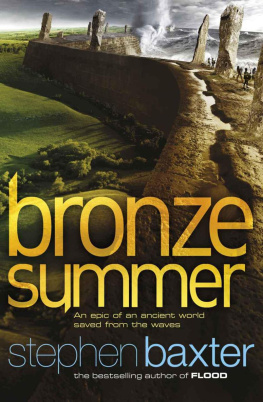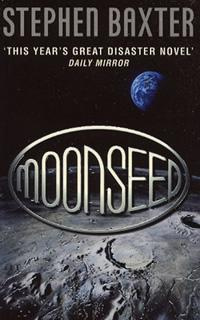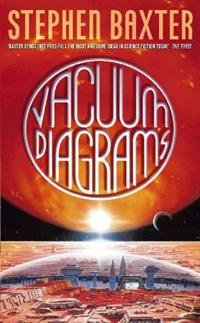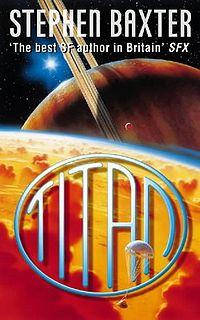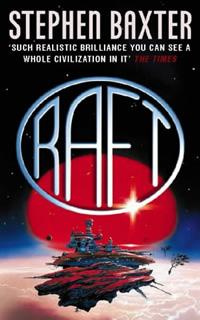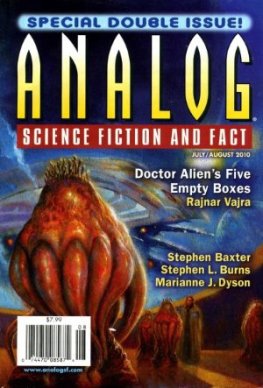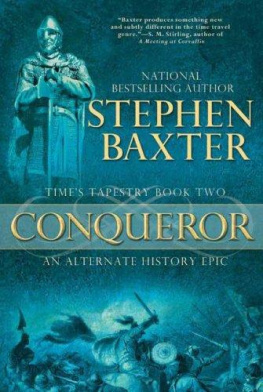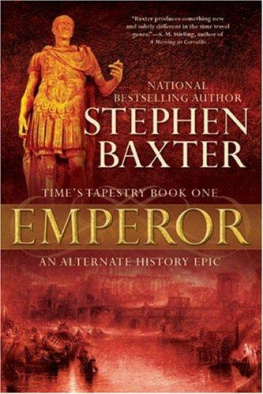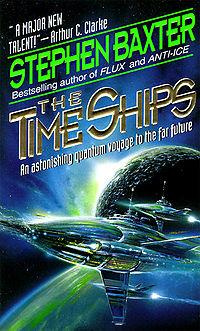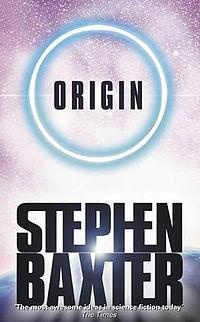Stephen Baxter - Bronze Summer
Here you can read online Stephen Baxter - Bronze Summer full text of the book (entire story) in english for free. Download pdf and epub, get meaning, cover and reviews about this ebook. year: 2011, publisher: Orion, genre: History. Description of the work, (preface) as well as reviews are available. Best literature library LitArk.com created for fans of good reading and offers a wide selection of genres:
Romance novel
Science fiction
Adventure
Detective
Science
History
Home and family
Prose
Art
Politics
Computer
Non-fiction
Religion
Business
Children
Humor
Choose a favorite category and find really read worthwhile books. Enjoy immersion in the world of imagination, feel the emotions of the characters or learn something new for yourself, make an fascinating discovery.
- Book:Bronze Summer
- Author:
- Publisher:Orion
- Genre:
- Year:2011
- Rating:4 / 5
- Favourites:Add to favourites
- Your mark:
- 80
- 1
- 2
- 3
- 4
- 5
Bronze Summer: summary, description and annotation
We offer to read an annotation, description, summary or preface (depends on what the author of the book "Bronze Summer" wrote himself). If you haven't found the necessary information about the book — write in the comments, we will try to find it.
Bronze Summer — read online for free the complete book (whole text) full work
Below is the text of the book, divided by pages. System saving the place of the last page read, allows you to conveniently read the book "Bronze Summer" online for free, without having to search again every time where you left off. Put a bookmark, and you can go to the page where you finished reading at any time.
Font size:
Interval:
Bookmark:

For Brian Aldiss

CONTENTS
Once the ice had covered continents. The silence of the world had been profound.
Eventually, grudgingly, the ice retreated to its fastnesses in the mountains and at the poles. Humans spread northward, colonising the recovering land. They lived sparsely, their lives brief. Soon the ice was remembered only in myth.
Yet the world around them continued to endure significant changes. The land rose and flexed as it was relieved of the burden of the weight of the ice, and meltwater flowed into the oceans and pooled in hollows on the land. Rising seas bit at the coastlines of Northland, the great neck of land that still connected the peninsula called Albia to the Continent. Perhaps that neck would have been severed altogether if not for the defiance of Northlands people, who, tentatively at first, with crude flood-resistant mounds, drainage ditches scratched in the ground, and heaped-up dykes of stone and earth, resisted the oceans slow assaults.
Meanwhile, far to the east, other new ideas were emerging. People had long tracked wild sheep and goats and encouraged the more nutritious cereal plants. Now, as people sought more reliable food supplies, that practice intensified. Herds were corralled, fields planted. Populations bloomed.
But the ice was not done with mankind. A remnant ice cap over the western continent collapsed, and chill waters poured down the river valleys to the ocean. Sea levels rose in a great pulse. Northland survived this too, its already ancient network of sea walls and dykes and soakaways resilient. But the drastic injection of chill meltwater caused ocean currents to fail, and the world suffered a cold snap that lasted centuries. The eastern farmers, driven out of their homes by climate collapse and over-exploitation, spread west along the river valleys and ocean coasts, taking their animals and seeds with them. In a slow wave that rolled across the Continent, forest was cleared, and threads of smoke rose from new farming communities.
After two thousand years the farmers culture reached the shore of the Western Ocean but here the wave broke. If the Northlanders had not existed, perhaps the farmers and their culture would have colonised the shore lands and islands of the ocean fringe. But Northland, though still a culture living off the produce of the wild earth, was literate, technically advanced, strong, self-confident. The Northlanders traded and learned, but farming held no interest for them.
Again the climate shifted, with a spasm of drought heralding a new age of warm, dry conditions; again humanitys fragile cultures flowed and changed in response. In the east the farming communities coalesced into a new phenomenon: towns and cities, major gatherings of population, centrally controlled, dedicated to the great task of maintaining complex nets of irrigation channels in increasingly dry landscapes. Empires bloomed like fungi on a log. Soon trading routes spanned the Continent, carrying amber from the north, silver from the south, timber from the west, tin and lapis lazuli from the east. Bronze was everywhere, in cups and ornaments and statuary, in the body armour and swords of the new warrior kings. The traders and warriors probed west and north, seeking profit and conquest. But again the old Northlander culture stood strong, and older ways were preserved.
And still the earth would not rest. Over an ocean on the far side of the world, elaborate cycles of heat and moisture collapsed, resumed changed. The consequences rippled across the continents, in more waves of flood and drought, famine and disaster.
And under a mountain on an island in the Western Ocean, molten rock surged, seeking escape.
The Year of the Fire Mountain: Early Spring
Milaqa climbed the staircase cut into the face of the Wall. She took big deliberate strides, reluctant to think about her dead mother, whose rotting corpse lay out in the open on the roof.
The growstone surface by the staircase was covered in scratched graffiti, swirls of circles and arcs in flowing Etxelur script: HARA LOVES MEK. GAGO OF THE HOUSE OF THE VOLE OWES ME A DEER HAUNCH. DO NOT TRUST HIM... Here, she was intrigued to see, was a line scraped in the angular alphabet of the Greeks. She knew the language and picked out the words with ease: I PALLAS CLIMBED THIS WALL AND DEFIED THE NORTHERN SEA, IN THE NINTH YEAR AFTER THE STORM. A sightseeing trader or princeling, she supposed, and boastful like all of his kind.
Her steps were slowing, her attention too easily snagged by these scribbles. She forced herself on.
As she reached the roof, under a grey sky, her view of Old Etxelur opened up, the earthworks and flood mounds, the houses clustered over the lump of Flint Island. Beyond, the flat, misty expanse of Northland stretched to the southern horizon, the grey-green landscape cut into a neat patchwork by the tremendous straight lines of tracks, canals, dykes, holloways and gullies. A cloud of birds, redwings perhaps, descended on a distant swathe of grassland. When she looked to the north the Walls own sharp horizon hid the sea from her sight. The Wall, it was said, was as tall as thirty adults standing one on top of the other, and about half as thick. But she heard the growl of the sea, and felt cold spray on her brow.
The wind shifted, and there was a reek of rot, of decay, of death. She wrapped her cloak closer around her body. She longed to run back to the warmth and light of the galleries of the Scambles, the bright chatter of her friends. But she could not.
She walked along the spine of the Wall, following the sparse line of monuments that dominated this tremendous roof. The oldest were slim monoliths, slabs of granite and basalt, gifts from the austere sky-watching communities of Gaira. And then there were the more recent Annid heads, images of Etxelurs leaders carved by sculptors from across the Western Ocean: blocky faces as tall as Milaqa defiantly facing the rage of the waters, just as the Wall itself had for hundreds of generations. Her own mothers face would soon be joining that row of bleak, sightless watchers. A memory surfaced like an air bubble from a still pond: a summers day when Kuma had lifted her up, Milaqa had been only five or six, and whirled her in the summer sunlight. Milaqa was now sixteen years old. She pushed the memory away.
And she approached her mothers lying-out platform. It was a simple wooden frame surrounded by busy, swooping gulls that scattered, cawing their irritation. Her mothers corpse was just one of a row of prone bodies on the frame, many of them small, the crop of children taken by the recent winter, just as every year. The bodies lay under worn-out thatch nets that kept their bones from being scattered by the birds. Kuma, Milaqas mother, still wore her bronze breastplate, gleaming in the watery daylight, the ceremonial armour of the Annid of Annids yet to be removed, to be given to her successor. The breastplate was damaged, Milaqa noticed, with a neat slit punched in its front.
And a man stood beyond the lying-out frame. Bulky, wrapped in a featureless cloak, silhouetted against the northern sky, this was her uncle Teel come to make her face her mothers death, and, she supposed, other unwelcome realities.
Milaqa walked forward. The Northern Ocean was revealed to her now, big muscular waves flecked with foam. The grey water was only a few paces below the lip of the Wall; the level of the sea was higher than the dry land behind her. Sea birds rode the ocean swell, and further out she saw a litter of fishing boats.
Font size:
Interval:
Bookmark:
Similar books «Bronze Summer»
Look at similar books to Bronze Summer. We have selected literature similar in name and meaning in the hope of providing readers with more options to find new, interesting, not yet read works.
Discussion, reviews of the book Bronze Summer and just readers' own opinions. Leave your comments, write what you think about the work, its meaning or the main characters. Specify what exactly you liked and what you didn't like, and why you think so.

